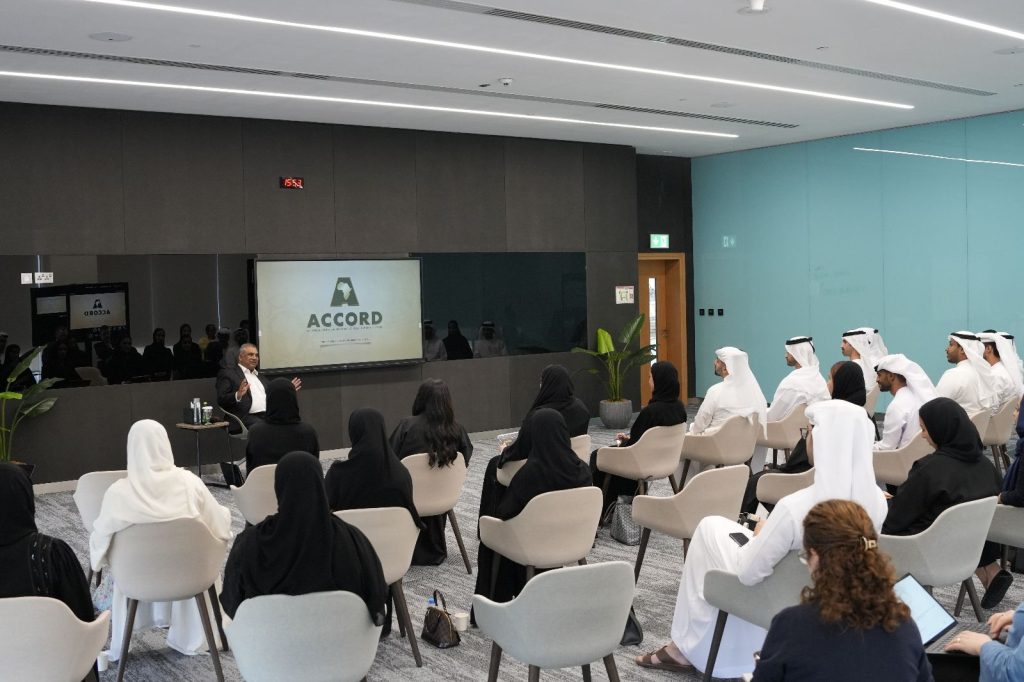On 04 and 05 July 2011 the Executive Director of ACCORD, Vasu Gounden, was invited to be a resource person at ‘Strengthening Preventive Diplomacy and Mediation’ Retreat hosted by the Permanent Mission of Turkey to the United Nations (UN) for the UN Security Council, in Istanbul. The Retreat brought together members of the UN Security Council at ambassadorial level, as well as other stakeholders, to discuss ways to strengthen preventive diplomacy and mediation.
The Executive Director was asked to lead the session entitled “Non-United Nations Actors”. The session focused on discussing matters such as the fact that regional and sub-regional organizations, as well as states, non-governmental organizations, and senior statespersons, are playing an increasingly active role in mediation. Given that different actors will be perceived differently by the parties and that each brings its own approaches to each mediation based on distinct combinations of interest, culture, skills, and experience, the question raised was how does the Council, and the Secretary-General, determine who could be most helpful in each situation? Could this process be improved? Does the United Nations have a sufficient roster of possible mediators? When is proximity an advantage, and when a disadvantage? What are the comparative advantages and disadvantages of regional and sub-regional organizations, as well as non-State organizations and senior Statesmen, in conducting or supporting mediation efforts? What role should civil society, women’s organizations, the media, the private sector, and financial institutions perform in nurturing peace processes? In which conflict situations have such groups or individuals made the greatest contribution?
Overall discussions at the retreat drew on the lessons learned from experiences in recent crises and conflicts, including Cote d’Ivoire, Guinea, Kenya, Kyrgyzstan, Libya and Sudan. The main objective of the retreat was to advance the Security Council’s on-going consideration of the role of preventive diplomacy and mediation as tools for dealing with international disputes, inter and intra-State conflict, on-going armed conflict and possible relapses into conflict during the recovery and peacebuilding period.






